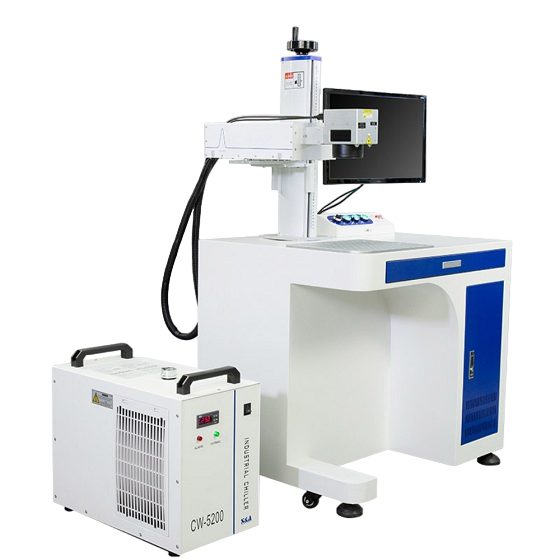UV Laser Marking Machine
UV laser marking machine are revolutionizing the way we mark various materials. By using ultraviolet (UV) lasers, these machines deliver unparalleled precision and speed.Consequently, UV lasers create fine details effectively and are especially adept at marking materials like glass, ceramics, and certain plastics, where traditional lasers might struggle.
This makes UV laser marking machine a crucial tool in many industries. For more information about laser technology, you can explore the Andaj Automation.
Applications of UV Laser Marking Machine Across Industries





Key Features of UV Laser Marking Machines
UV Laser Wavelengt
UV lasers typically operate at a wavelength of around 355 nm (nanometers), which falls in the ultraviolet range.
As a result, this shorter wavelength enables finer details and higher resolution compared to longer-wavelength lasers like CO2 or fiber lasers.
Mark Quality with UV Lasers
Consequently, UV lasers create clean, sharp marks with high contrast. This quality is ideal for permanent markings such as barcodes, logos, and serial numbers.
Speed and Efficiency of UV Laser Marking
Moreover, UV lasers operate at high speeds, making them suitable for high-volume production.
In addition, they consume minimal energy, which enhances overall efficiency. For insights into energy-efficient manufacturing.
Material Compatibility with UV Laser Marking
Furthermore, UV lasers handle various materials, including metals, plastics, glass, ceramics, and some coated materials.
They are particularly effective for marking transparent and colored plastics without affecting their properties.
Non-Contact Process in UV Laser Marking
Furthermore, UV laser marking avoids physical stress or damage to the material. This non-contact process is especially beneficial for delicate or brittle surfaces.
Choosing the Right UV Laser Marking Machine
When selecting a UV laser marking machine, consider factors such as laser power, work area size, software and control system, and manufacturer support. Additionally, ensure you implement proper training and safety measures to use the equipment effectively and safely.
